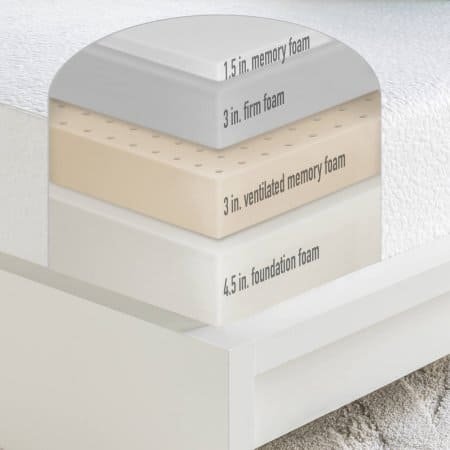How sleep reduces stress
Sleep is an essential component of overall health and well-being. It helps the body restore and repair and plays a crucial role in reducing stress. In today’s fast-paced world, stress is unavoidable, but managing its impact on our mental and physical health is essential. This article will explore the connection between sleep and anxiety, the benefits of sleep for reducing stress, and tips for improving sleep and reducing stress.
Understanding the Connection between Sleep and Stress
Stress is a natural response to pressure or threat and can significantly impact the body. When we experience stress, our bodies release cortisol, which increases heart rate, blood pressure, and blood sugar levels. Over time, chronic stress can lead to physical and mental health problems, such as fatigue, depression, and heart disease. On the other hand, sleep is the body’s way of combating stress. During sleep, the body releases natural cytokines that help reduce inflammation and boost the immune system. Sleep also helps regulate cortisol levels so the body can return to normal. The right amount of sleep can help restore the balance of hormones, reduce stress, and promote physical and mental health.
The Benefits of Sleep for Reducing Stress
Quality sleep has a variety of benefits for reducing stress, including:
1. Improved Mood and Cognitive Function: Sleep helps the brain process information and consolidate memories, leading to improved cognitive function and a better mood.
2. Better Physical Health and Increased Energy Levels: Sleep helps the body restore and repair, leading to better physical health and increased energy levels.
3. Better Decision-Making Skills and Increased Productivity: Sleep is essential for decision-making skills and productivity, as it helps the brain process information and make better decisions.
4 Tips for Improving Sleep and Reducing Stress
To reduce stress and improve sleep, consider the following tips:
1. Establishing a Consistent Sleep Schedule: Try to go to bed and wake up at the same time every day, even on weekends. This helps regulate the body’s internal clock and improves sleep quality.
2. Creating a Sleep-Conducive Environment: Create a sleep environment that is quiet, dark, and cool. This helps promote deep sleep and reduce stress.
3. The Importance of a Comfortable and Supportive Mattress: Invest in a comfortable and supportive mattress. A good mattress can help reduce stress and improve sleep quality.
4. The Role of Good Sleep Hygiene: Practice good sleep hygiene by avoiding caffeine and electronics before bed and engaging in relaxing activities before bedtime.
In conclusion, sleep is essential for reducing stress and promoting physical and mental health. You can reduce stress and improve sleep quality by establishing a consistent sleep schedule, creating a sleep-conducive environment, and practising good sleep hygiene. A comfortable and supportive mattress can also help reduce stress and improve sleep quality. At Mattress Research, we offer information on the best mattresses, beds, pillows, and accessories to help you get a good night’s sleep. Visit our website today and start your journey to better sleep and a healthier, more productive life.



